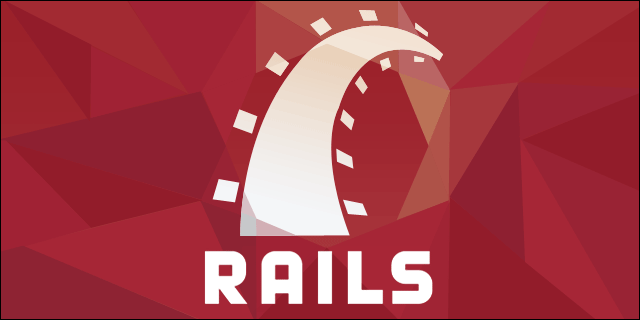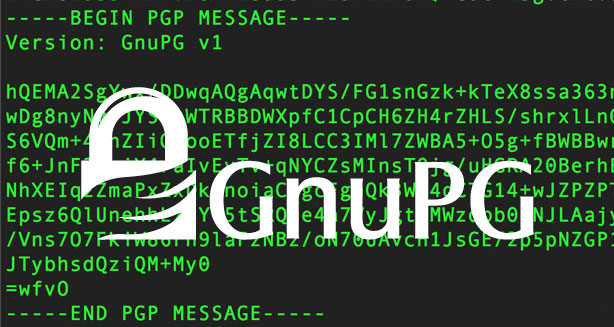Rodney Mullen on Hackers and Open Source
I was at a party several days ago and found myself talking to a bunch of other developers about skateboarding. We realized we had all been really passionate skateboarders through some part of our youth. Later that same night, surfing youtube, I found this TED talk by Rodney Mullen, one of the most important figures in the whole history of the sport. I couldn’t believe it when he turned to the subject of hackers and open source software. So unexpected — and yet so relevant, it turned out, to the broader subjects of the talk.











